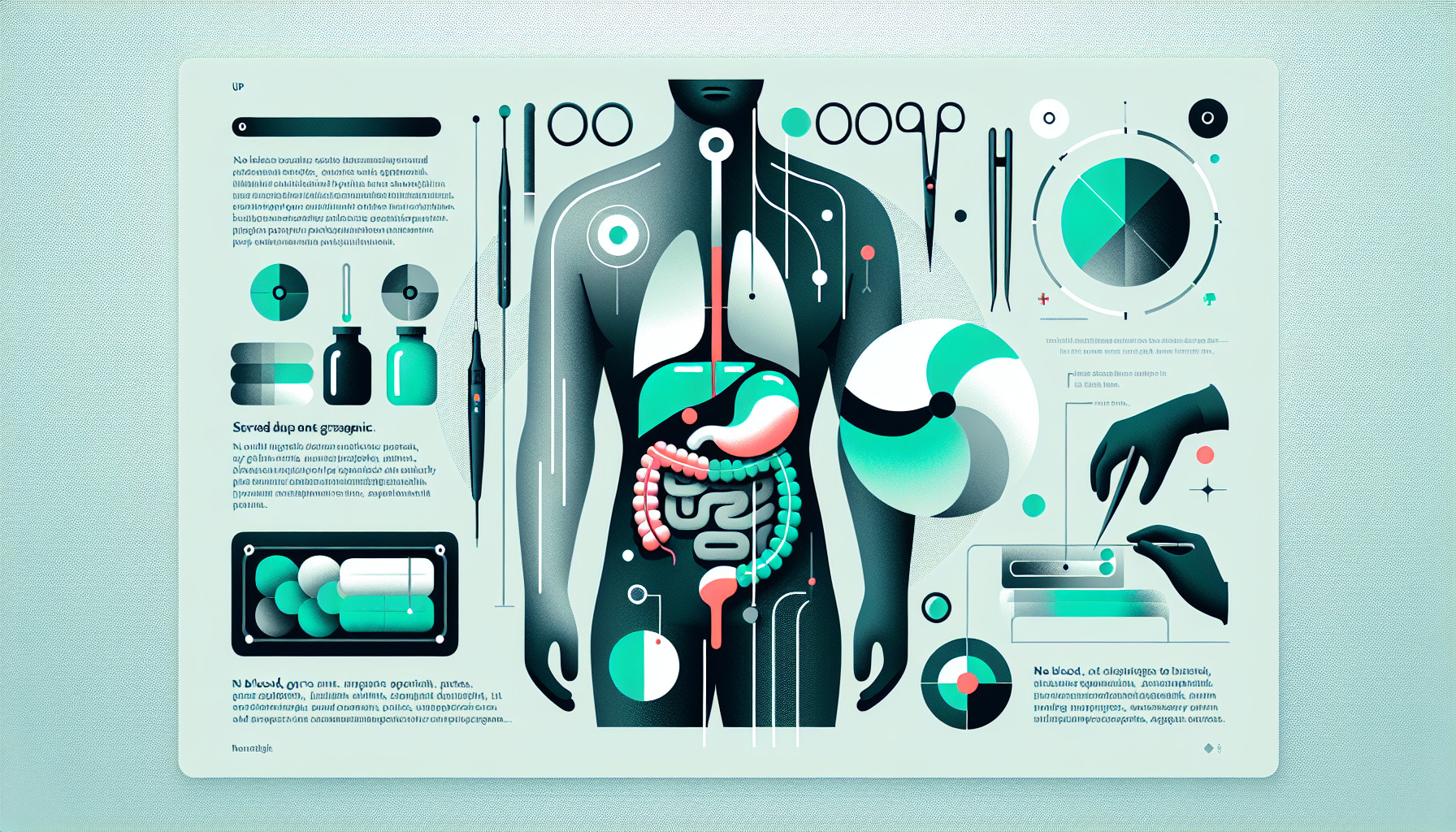Our Summary
This study researched a serious but underreported complication following gallbladder removal surgery (cholecystectomy): bile duct disruption, which is when the tube that carries bile from the liver to the small intestine gets damaged. This can sometimes be accompanied by injury to the blood vessels. The researchers looked back at cases from 2015 to 2019, finding that out of 144 cases of bile duct disruption, 15 (10%) also involved vascular (blood vessel) injury. The part of the blood vessel system most often damaged was the right hepatic artery, seen in 87% of these cases. The most common way to treat this injury was to tie off the damaged vessel, done in 73% of cases. The bile duct disruption was most often repaired by connecting the liver to the small intestine, done in 93% of cases. The study concluded that as long as the surgery is done properly, tying off the right hepatic artery doesn’t significantly impact the repair of the bile duct.
FAQs
- What is bile duct disruption and how often does it occur after gallbladder removal surgery?
- What part of the vascular system is most often damaged in cases of bile duct disruption?
- What are the most common methods of treating bile duct disruption and accompanying vascular injury?
Doctor’s Tip
A helpful tip a doctor might tell a patient about bile duct surgery is to follow all post-operative care instructions carefully to ensure proper healing and minimize the risk of complications. This may include taking prescribed medications, maintaining a healthy diet, avoiding strenuous activities, and attending follow-up appointments with your healthcare provider. It is also important to report any unusual symptoms or concerns to your doctor promptly.
Suitable For
Patients who are typically recommended bile duct surgery include those who have experienced bile duct disruption following gallbladder removal surgery, especially if there is accompanying vascular injury. Patients with symptoms such as jaundice, abdominal pain, fever, and abnormal liver function tests may also be candidates for bile duct surgery. Additionally, patients with conditions such as bile duct stones, bile duct strictures, bile duct cancer, or bile duct injury from trauma or other causes may require bile duct surgery. Ultimately, the decision to recommend bile duct surgery will depend on the individual patient’s specific circumstances and the severity of their condition.
Timeline
Before bile duct surgery:
- Patient may experience symptoms such as abdominal pain, jaundice, fever, and nausea.
- Diagnostic tests such as blood tests, imaging studies (ultrasound, MRI, CT scan), and endoscopic retrograde cholangiopancreatography (ERCP) may be done to confirm the diagnosis.
- Once the diagnosis is confirmed, the patient and their healthcare team will discuss the surgical options and the potential risks and benefits of the procedure.
After bile duct surgery:
- Immediately after surgery, the patient will be monitored closely in the recovery room.
- The patient may need to stay in the hospital for a few days to recover.
- Pain medication and antibiotics may be prescribed to manage pain and prevent infection.
- The patient will be advised on post-operative care, including diet restrictions, activity limitations, and wound care.
- Follow-up appointments will be scheduled to monitor the patient’s recovery and address any concerns or complications that may arise.
Overall, the timeline for a patient undergoing bile duct surgery involves a period of preparation and discussion before the surgery, followed by a recovery period with close monitoring and follow-up care to ensure a successful outcome.
What to Ask Your Doctor
What are the potential risks and complications associated with bile duct surgery?
What is the success rate of bile duct surgery in terms of resolving the issue?
How experienced are you in performing bile duct surgery?
Will I need any additional procedures or treatments before or after the surgery?
What is the recovery process like after bile duct surgery?
How long will it take for me to fully recover and resume normal activities?
Are there any long-term effects or considerations I should be aware of after bile duct surgery?
Are there any alternative treatments or options for my condition besides surgery?
How will you monitor my progress and follow up after the surgery?
What is the likelihood of the bile duct disruption or other complications occurring again in the future?
Reference
Authors: Vargas-Sahagún CM, Alonso-López EP, Ortiz-Higareda V, Martínez-Ordaz JL. Journal: Cir Cir. 2023;91(2):162-170. doi: 10.24875/CIRU.21000738. PMID: 37084292
